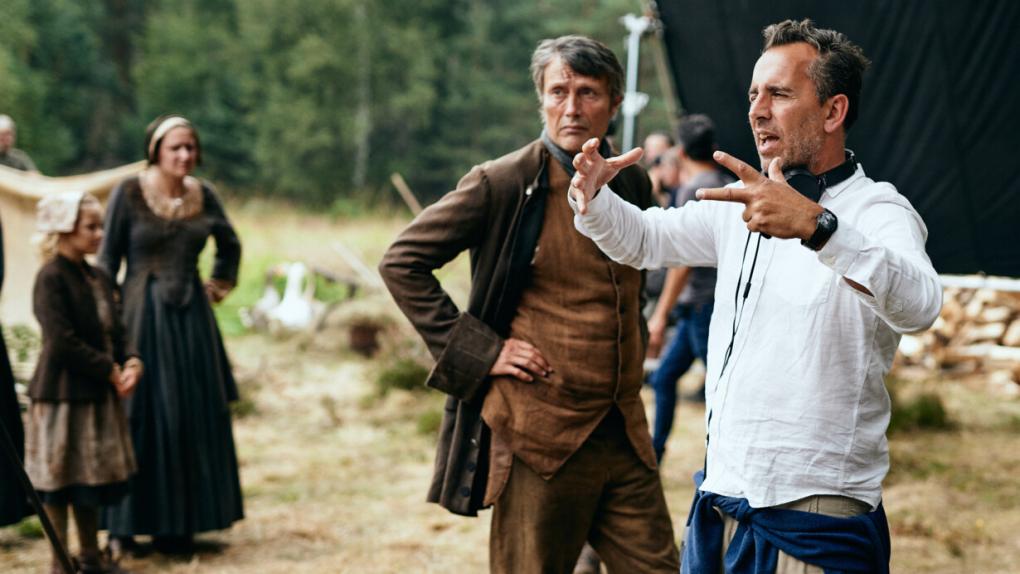
Under the heading "A strong film nation", the Ministry of Culture has today published the Film Agreement for 2024-2027. The agreement was adopted as a broad compromise in the Danish Parliament. Read the whole agreement here (in Danish).
The Danish Film Institute is pleased that the political foundation for the coming years' work is now in place, and that the agreement addresses a large number of the focus areas that the Danish Film Institute has identified in its proposal for the negotiations.
Claus Ladegaard, CEO of the Danish Film Institute, says:
"With the Film Agreement 2024-2027, a broad-based political signal has been sent that Danish film's continued strong position and relevance in a market with huge international supply creates new demands on flexibility, innovation and collaboration."
The ambitious goals from the last film agreement 2019-2023, both in terms of Danish film's market share in Danish cinemas and participation in international festivals, have been maintained in the new agreement. And that's a good thing, according to Claus Ladegaard:
"A high level of ambition is important for the quality of Danish film, but it can only be achieved if there is sufficient funding behind it. Fortunately, the Cultural Contribution from streamers has created a solid foundation for future film funding. The increased funding means that we can better ensure the framework for the quality and diversity in the overall film offering that is necessary - among other things by ensuring that there is also room for the films that cannot be produced on a low budget."

Another key focus area of the agreement is the requirement for increased commitment from the Danish public service broadcasters DR and TV2 - both in terms of financing, development and distribution, as well as the possibility of a faster change of platform for films that perform less well in theaters:
"TV stations play a huge role in the distribution of Danish films to Danes, and a strengthening of their public service obligation is good news. In a market with such fierce competition for viewers' attention as we are currently experiencing, there is a great need for visible platforms and for a more flexible approach to the shift from cinema to digital platforms, including TV".
Flexibility and integration are also keywords in the agreement's focus on strengthening content for children and young people:
"In relation to engaging children and young people, we at the Danish Film Institute have pointed out the need to integrate efforts in relation to children and young people, so that content can be developed and distributed across genres, formats and platforms to a much greater extent than today. Therefore, we look forward to working on a brand new strategy that, among other things, will concretize the possibilities of a future collection of support for children and young people in one common support scheme."
The Danish Film Institute's efforts to digitize the Danish film heritage and mediation of Danish films throughout the country are ensured continued high priority in the new agreement.
"It is an important part of the Danish Film Institute's core task that Danish films from the past and present are disseminated to a wide audience. With the additional funding included in the agreement, we now have a welcome opportunity to accelerate the digitization of historical films and to reach an even wider audience with our tailor-made digital dissemination initiatives," says Claus Ladegaard.
As previously announced, it has been decided that the game development area will be gathered under one public institution. The Film Agreement states that the Game Scheme will be managed by the Danish Film Institute until a new Game Institute is fully operational. The specific timetable for this has not yet been defined.
